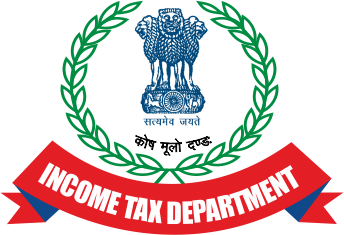Introduction: Income Tax Return (ITR) is a crucial financial obligation that individuals must fulfill in many countries, including India. Non-Resident Indians (NRIs), despite living abroad, are also required to comply with the income tax regulations of their home country. Filing ITR as an NRI is not only a legal requirement but also holds several benefits …











